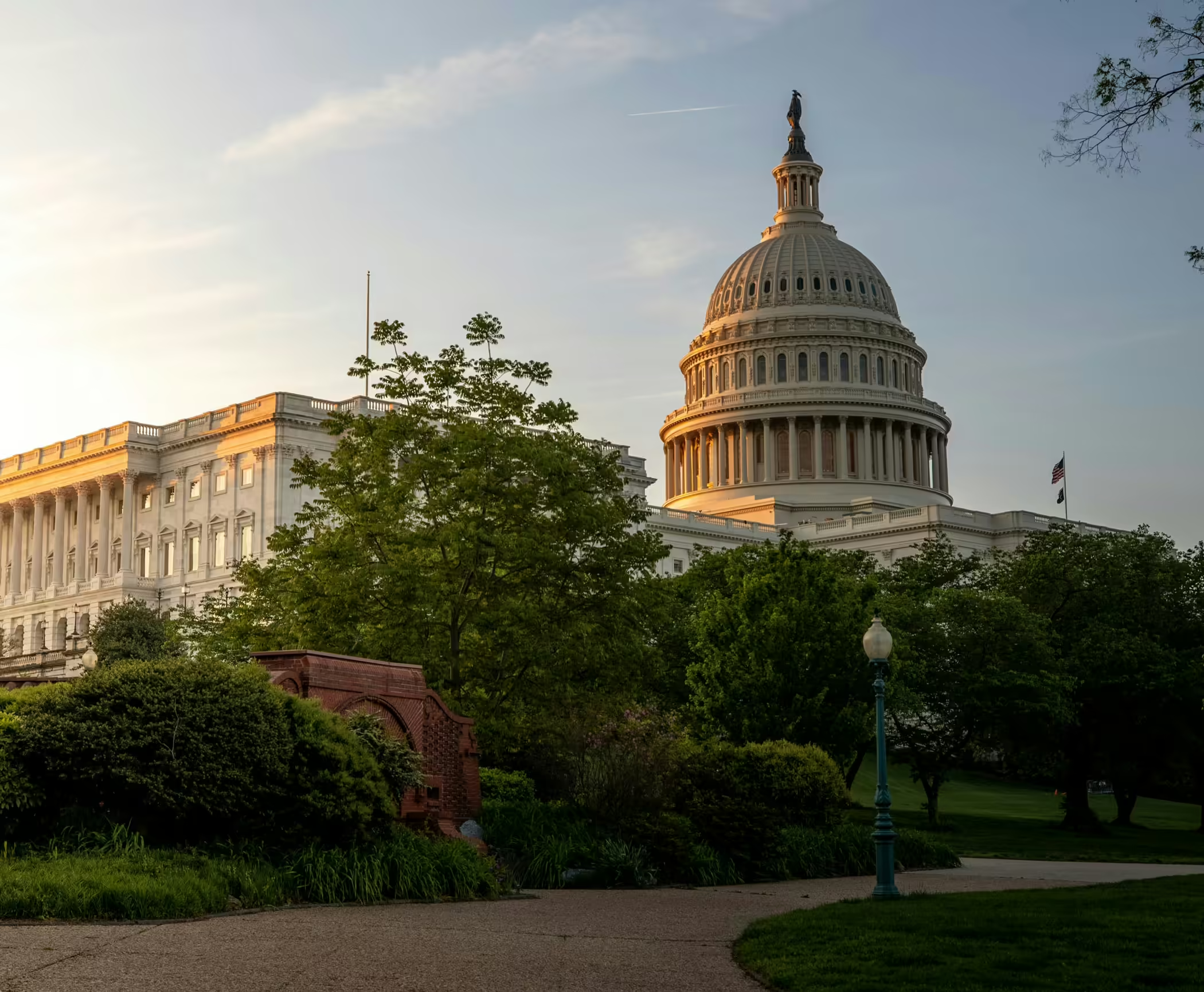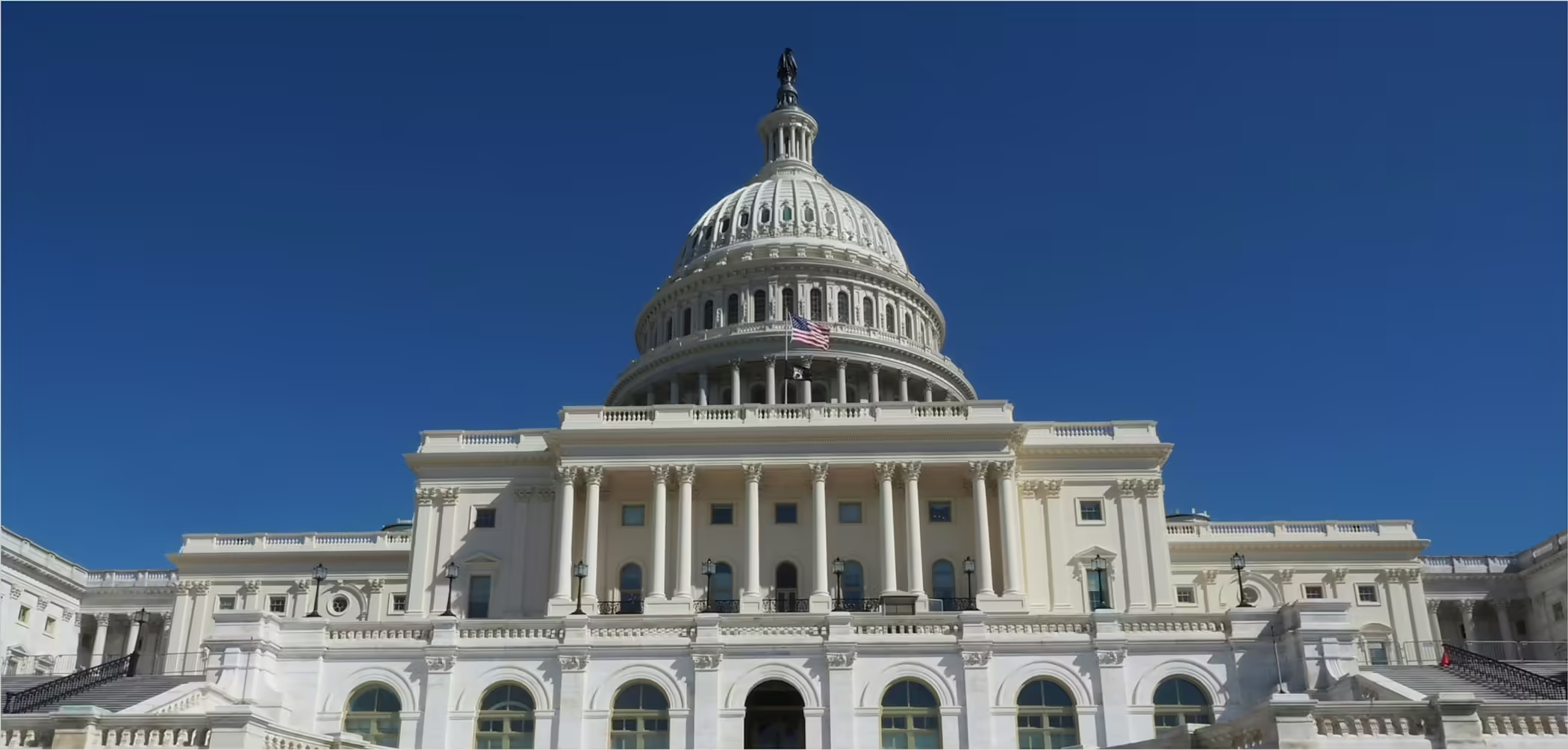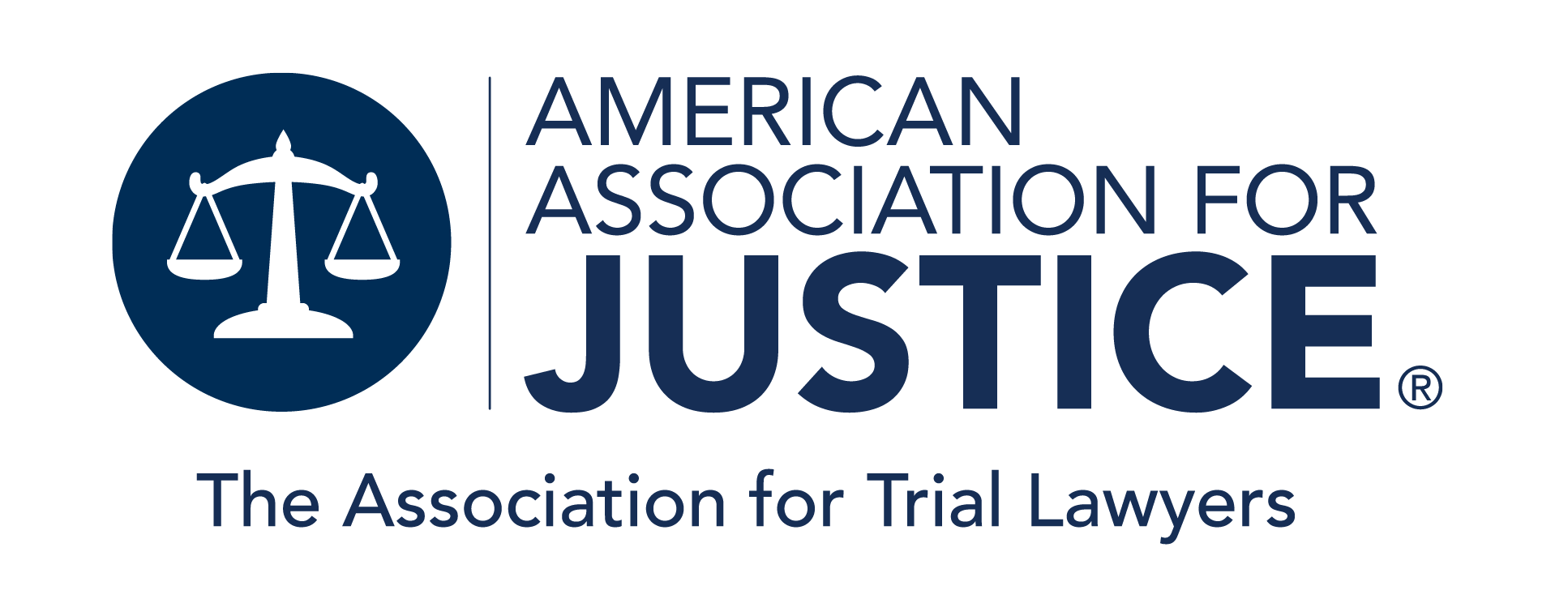Government Contractor Fraud
Take action! Prevent corruption.
Contractor fraud cannot be taken lightly. It’s up to whistleblowers, across the nation to report this fraudulent behavior and prevent corruption.

What is Government contractor fraud?
The United States government’s demand of goods and services is high, which is why the United States government relies on contractors for business support. Examples of government contractors include Lockheed Martin, an aerospace and defense company, and Boeing, a commercial plane manufacturer. The government looks to Lockheed Martin and Boeing for services that they do not have “in-house.”
Government contractor fraud encompasses a broad spectrum of conduct.
The FCA, or False Claims Act, defines this type of fraud as any activity including “false or fraudulent claim for payment or approval” by the government. The most common forms of government contractor fraud include:
The Davis-Bacon Act
When a government contractor fails to pay workers prevailing wages set by the Secretary of Labor.
Cost Inflation
When a contractor fraudulently inflates the price of procured materials and charges the government. An example would be defense contractors increasing equipment cost or conducting fake orders to increase their personal profits.
Price Fixing
When companies agree to increase the prices of products or services to increase their profits.
Bid Rigging
When companies collude and set bids at a high, non-competitive level.
Procurement Fraud
When contractors provide a kickback to employers for selecting them, at the expense of the company receiving the services.
Anti-dumping and Countervailing Duties Fraud
When a company, importer or exporter evades the anti-dumping and countervailing duties that are in place to offset unfair trading practices.
The False Claims Act
The False Claims Act, 31 U.S.C. § 3729 et. seq., has roots tracing back to the American Civil War. This act allows individuals with information regarding federal government contractor fraud to bring suit on behalf of the federal government for return of the monies they received. This is often referred to as qui tam litigation.
The government relies on the FCA to combat contractor fraud – this act makes it easier for whistleblower plaintiffs to bring about cases, as they are protected and often rewarded significantly.
We have recovered over $12 million in fraudulently obtained government money from government contractors.
What are the steps to report government contractor fraud?
#1 Lawyer
Contact a whistleblower lawyer to review your options and your specific government contractor fraud case. What you tell your attorney will remain confidential.
#2 File
When a whistleblower files suit under the FCA, they do so under seal. This means that the information in the complaint, for the time being, can be seen only by the court and by the Government.
#3 Investigation By Government
The Federal Government generally has a right to intervene in the case if it wishes to do so. The cooperation between you and the government will have an effect on the award that the whistleblower eventually receives. If the government chooses not to intervene, the whistleblower may continue prosecuting the action.
#4 Award and Protection
Once we file your case, you are protected from retaliation and harassment. When your case is resolved and the Government recovers money, you are entitled to an award and will remain protected.

Protection & Rewards
The False Claims Act.
The False Claims Act ensures that any whistleblower who brings claims exposing government fraud is protected. The Anti-Retaliation provision in the False Claims Act establishes that an employee, contractor, agent, or any other type of whistleblower which is employed by the company at issue cannot be retaliated against, or threatened for retaliation, for their actions.
Protection against Retaliation or Harassment.
Retaliation could take the form of harassment, dismissal, demotion or disciplinary measures. Harassment could also include such behaviors as failing to renew the contract of a whistleblower, withdrawing certain privileges (such as access to training), or the loss of responsibilities (marginalization).
Billions have been recovered. Up to 30% awarded.
In 2023 alone, whistleblowers helped the government recover $2.68 Billion. For their courage and assistance, a whistleblower can be awarded 15% to 30% of the amount recovered in their case.





Frequently Asked Questions
Can anyone bring a qui tam or whistleblower action?
If you have specific information about a violation of the False Claims Act or government fraud, then you may bring a qui tam action, unless you are a current or former member of the Armed Forces or convicted of criminal misconduct involving the same misconduct. Even if you are a participant in the fraud, you are allowed to be a whistleblower. In fact, many whistleblower cases are brought by employees or contractors who discover fraud in the course of their employment.
What if I participated in the fraud?
If you unknowingly participated in the fraud, or were coerced by your employer to participate, your whistleblower case and potential compensation will not be impacted. If you knowingly participated in the fraud, consequences and potential earnings will be based on the level of your participation. Do not let your level of participation in the fraudulent activities stop you from contacting a lawyer – your case will remain sealed and confidential.
How are qui tam plaintiffs compensated?
Qui tam plaintiffs receive a percentage of the recovery in the qui tam action. This is usually between 15% and 25% if the government intervenes in the matter. If the government does not intervene, then plaintiffs may receive up to 30% of any recovery. Part of the role of your qui tam attorney should be to advocate for an appropriate compensation for any whistleblower.
How do I file a qui tam case?
A qui tam action is filed in the United States District Court off of the public record. Your qui tam attorney will be able to help you file your complaint and protect your rights during this time.
Will my qui tam case be sealed?
Under the False Claims Act, every qui tam lawsuit is initially filed “under seal” in federal court. This means that the identity of the whistleblower is protected from public disclosure for a period of time to allow the government to investigate the conduct alleged. If you file a qui tam case, this investigation period is crucially and it is important to have attorneys who are experienced and equipped to work in concert with the government.
Does it matter how quickly I file?
Yes, when you file your whistleblower lawsuit can be important, for at least two reasons. First, all claims under the False Claims Act are subject to a statute of limitations which can prevent recovery if a case is brought too late in some circumstances. Second, particularly for fraud that is widespread throughout a company, multiple cases may be filed by different whistleblowers. As the False Claims Act provides for the anonymity of whistleblowers to be protected during the investigation phase of qui tam cases, only the government may know of the extent of these filings. A “first to file” rule can apply which limits the role and recovery of any subsequent whistleblower who files after the first case.
Is government contractor fraud common?
Government contract fraud is more common than many believe. One of the primary examples of government contractor fraud comes from defense contractors. The U.S. spends hundreds of billions each year on our national defense. Some of the ways defense contractors attempt to perpetrate fraud on the federal government include:
- Inflating the charges and costs of items;
- Violating the Truth-in-Negotiations Act;
- Providing military items which fail to conform to the original contract;
- Improperly allocating costs;
- Improperly substituting products;
- Cross-charging;
- Price-fixing;
- Collusion and bid-rigging;
- Overcharging for materials, labor or supplies, and
- Falsifying information to convince the government to agree to a contract.
Reach out and take advantage of our free case evaluation.
All your communications with PriceArmstrong will be kept confidential and, if we take your case, there are no-out-of pocket costs to you.